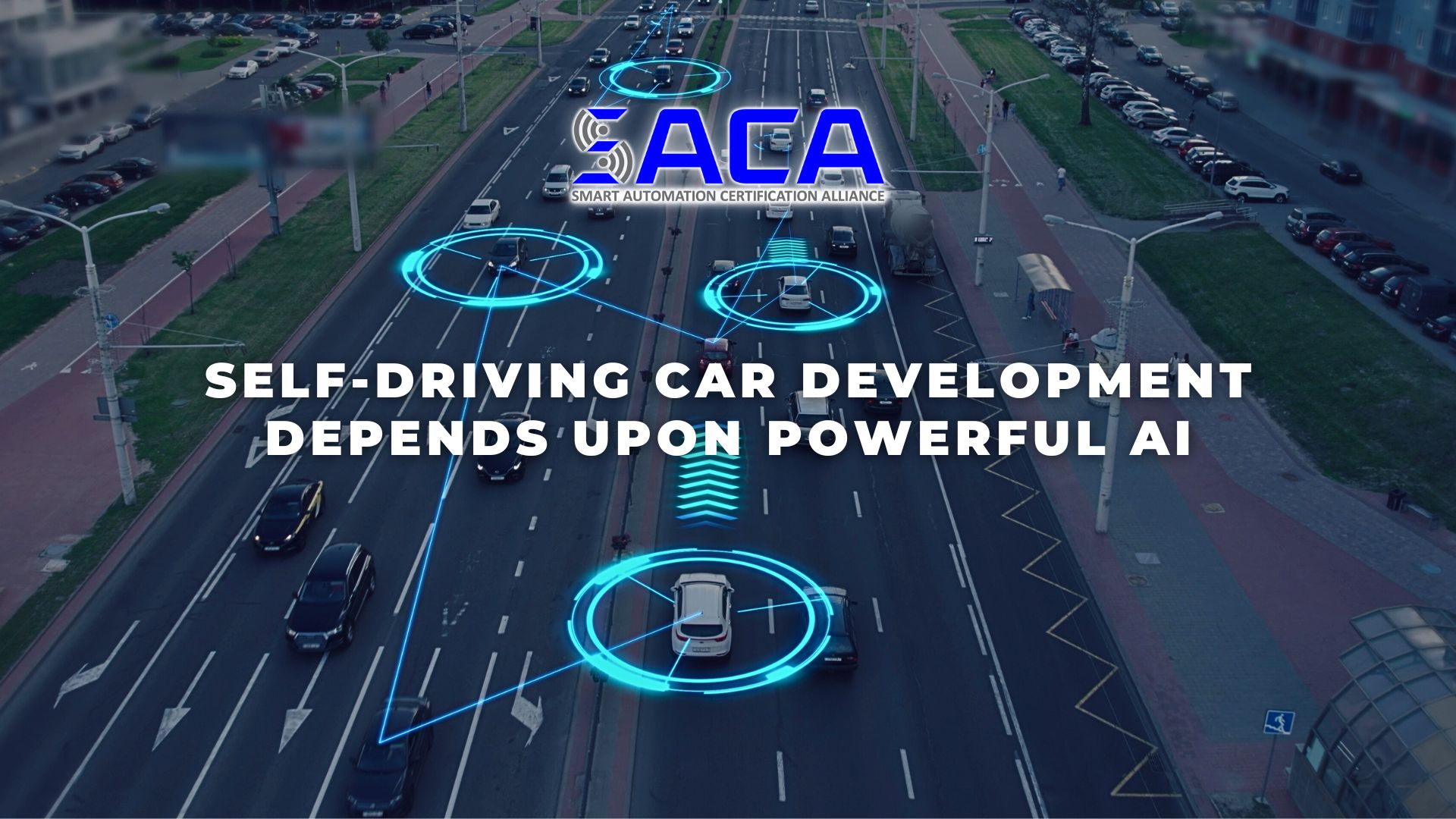
Artificial intelligence (AI): it’s in your smartphone. It’s in your web browser. It seems like it’s a part of nearly everything around us these days. And it’s about to be a big part of your experience every time you get behind the wheel of an automobile.
New technologies like AI are revolutionizing automobile manufacturing. From the surge in the production of electric vehicles (EVs) to the incorporation of advanced electronics into every part of modern vehicles, the future of automobiles is exciting and changing rapidly.
According to a Quartz article by Ece Yildirim, General Motors (GM) has decided to partner with tech giant Nvidia to leverage its AI expertise to build its next generation of self-driving cars. Specifically, “GM will use Nvidia’s Drive AGX platform, an in-vehicle computer that delivers ‘up to 1,000 trillion operations per second of high performance computer,’ and includes hardware and software to develop autonomous driving functions as well as immersive in-cabin experiences.”
Nvidia claims its AI expertise “will speed the development and deployment of safe autonomous vehicles at scale.” A lot of work remains to get to that point, though. For starters, GM will need to focus on “optimizing [its] automotive plant design and operations.”
That process has begun with GM “investing in Nvidia graphics processing units for AI model training.” The two companies are collaborating “to build custom systems to train AI manufacturing models.” For example, “GM will use the Nvidia Omniverse platform to create digital twins of their assembly lines, which will allow for virtual vehicle testing and production simulations.”
GM chair and CEO Mary Barra is excited about AI’s potential: “AI not only optimizes manufacturing processes and accelerates virtual testing but also helps us build smarter vehicles while empowering our workforce to focus on craftsmanship. By merging technology with human ingenuity, we unlock new levels of innovation in vehicle manufacturing and beyond.”
Barra’s view should be some comfort to those workers worried about being replaced by AI or other advanced automation technologies. Humans will always play an important role in the advanced manufacturing process. Unfortunately, GM and nearly every other manufacturer across the country and around the world face the same challenge: finding workers with the advanced skills to thrive in these new smart factory environments.
One solution, of course, is to either upskill current workers or hire new workers with the advanced automation technology skills they require. How can manufacturers be certain prospective workers have the skills they need?
Manufacturers should look for candidates with industry-standard credentials that prove they already possess the skills they need to thrive. For example, if workers possess a certification from the Smart Automation Certification Alliance (SACA), employers can feel confident they’ve already proven they have the knowledge and hands-on skills needed for working with advanced smart automation technologies. SACA has been hard at work collaborating with industry leaders to develop a wide variety of industry-standard certifications that will help employers find workers who possess the advanced connected-systems skills they need to take their businesses to the next level. Be sure to check out SACA and all it has to offer!





